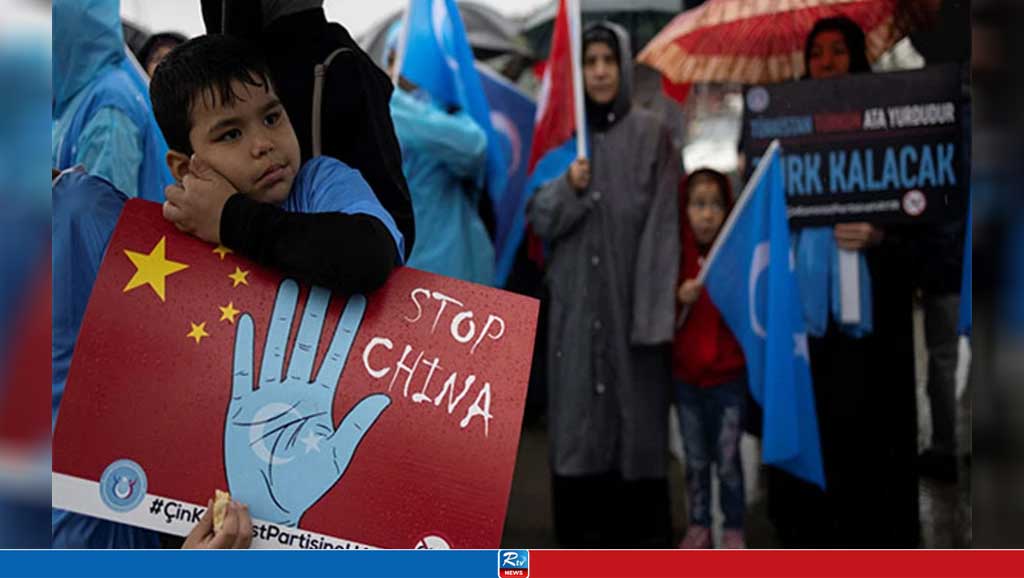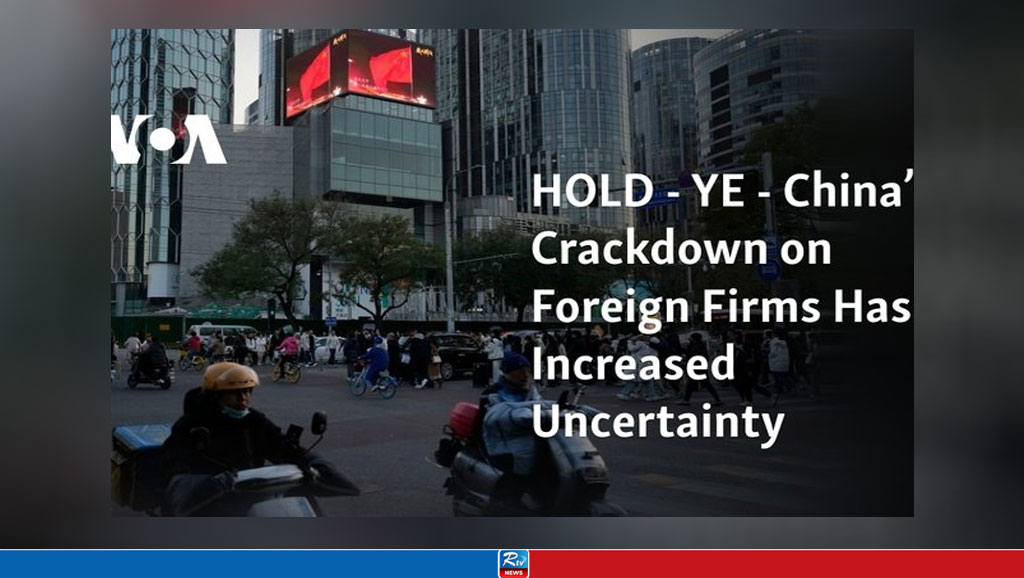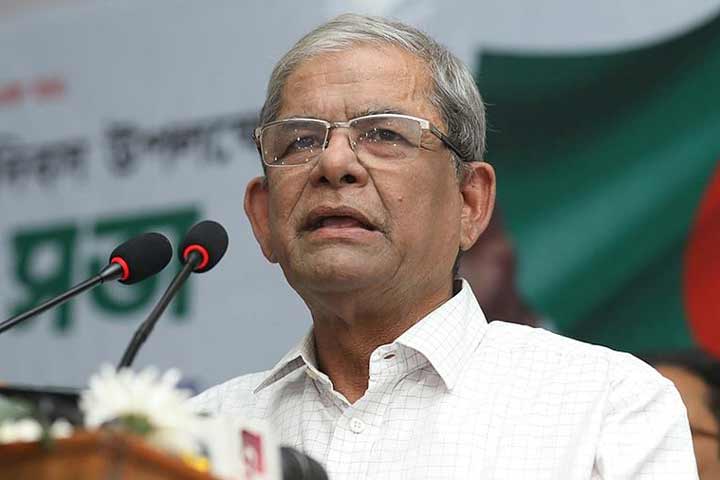US official expresses concern over crackdown on Tibetans protesting dam
Chinese police have arrested more than 1,000 and beaten some during interrogation, sources say.
An American official expressed deep concern about the arrest of over 1,000 Tibetans protesting a dam project in central China that would destroy several Buddhist monasteries, saying the United States “stands with Tibetans in preserving their unique cultural, religious, and linguistic identity.”
Tibetan advocacy groups condemned China’s actions, calling for the immediate release of those detained.
On Feb. 23, police arrested more than 1,000 Tibetans, including monks and residents, in Dege county in Kardze Autonomous Tibetan Prefecture, who had been peacefully protesting against the dam, which would also force two villages to be relocated, sources told Radio Free Asia.
Over the weekend, police began interrogations, beating some detainees so badly that they required medical attention, sources told RFA.
Uzra Zeya, U.S. under secretary for civilian security, democracy and human rights and U.S. special coordinator for Tibetan Issues, said on X on Feb. 25 that she was deeply concerned by reports of the “mass arrests of Tibetans protesting the construction of a dam that threatens displacement of villages & destruction of monasteries.”
“China must respect human rights & freedom of expression and include Tibetans in the development & implementation of water and land management policies,” she tweeted.
“These centuries-old monasteries are home to hundreds of Tibetan Buddhist monks and contain irreplaceable cultural relics,” she wrote. “The U.S. stands with Tibetans in preserving their unique cultural, religious, and linguistic identity.”
‘Wiping out culture and religion’
The arrests “should be a reminder to the world of how brutal daily life under China’s occupation is for the Tibetan people,” a statement issued Monday on X from the International Campaign for Tibet by its president, Tencho Gyatso.
“China tries to hide its forced relocation of Tibetans, its destruction of their environment, and its attempts to wipe out their culture and religion,” the statement said.
Saying the protesters demonstrated “incredible courage,” Gyatso said they needed the support of the international community.
“We call on the Chinese government to free these Tibetans at once,” she said. “We also call on the U.S. and other governments to step up pressure on China to end its vicious occupation of Tibet.”
Four Tibetan NGOs based in Dharamsala, India, home to the exiled Tibetan spiritual leader, the Dalai Lama, issued a statement of solidarity with the Tibetan community in Dege county.
They said that the displacement of Tibetan communities is “not new phenomena,” just one of many examples.
“The continued disregard for the rights and well-being of Tibetans in the face of such development projects is unacceptable and demands immediate attention from the international community,” said the statement by the Tibetan Women’s Association, National Democratic Party of Tibet, Regional Tibetan Youth Congress and Students for a Free Tibet.
Environmental disruption
The four groups went on to say that the construction of the dam not only threatens the local Tibetan community but also poses a risk to the fragile ecosystem of the Tibetan plateau.
“Any disruption to Tibet’s rivers and a diversion of the rivers could have far-reaching consequences for the environment, biodiversity, and livelihoods of millions of people downstream,” they said.
William Nee, research and advocacy coordinator at Chinese Human Rights Defenders, or CHRD, told RFA that his organization was concerned about the situation of the detainees, whether they are being maltreated and if they have sufficient food.
RFA reported earlier that authorities told those who were arrested to bring bedding and food, suggesting they would not be released soon.
CHRD was also concerned whether authorities were giving those arrested access to relatives and lawyers, and whether they were being detained according to Chinese Criminal Procedure Law.
“But beyond that, there are also concerns about the livelihood of the potentially affected communities by the dam and whether this has been taken into consideration,” Nee said. “And also the cultural rights, given that this might impact monasteries – some having ancient murals going back to the 13th century.”
Khenpo Sonam Tenphel, speaker of the Tibetan parliament-in-exile, tweeted on X that Tibetans worldwide condemned the crackdown.
“We urge China to promptly release those detained and to cease the dam construction,” he tweeted. “It is crucial for China to acknowledge the peaceful protests of Tibetans, addressing their concerns about preserving historic monasteries and safeguarding their homes.”
28 Feb 2024,22:56














 Live Tv
Live Tv









